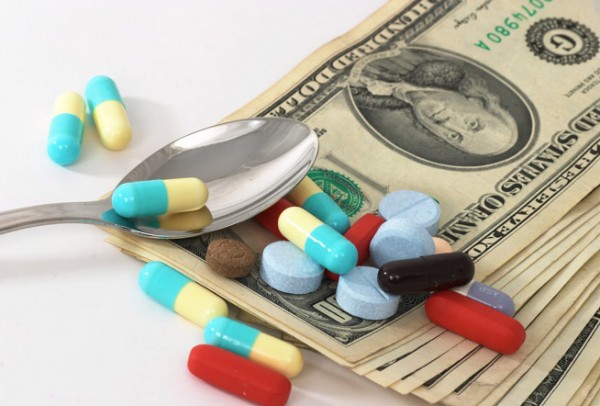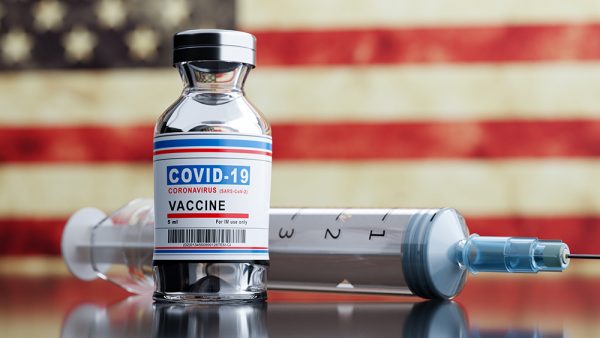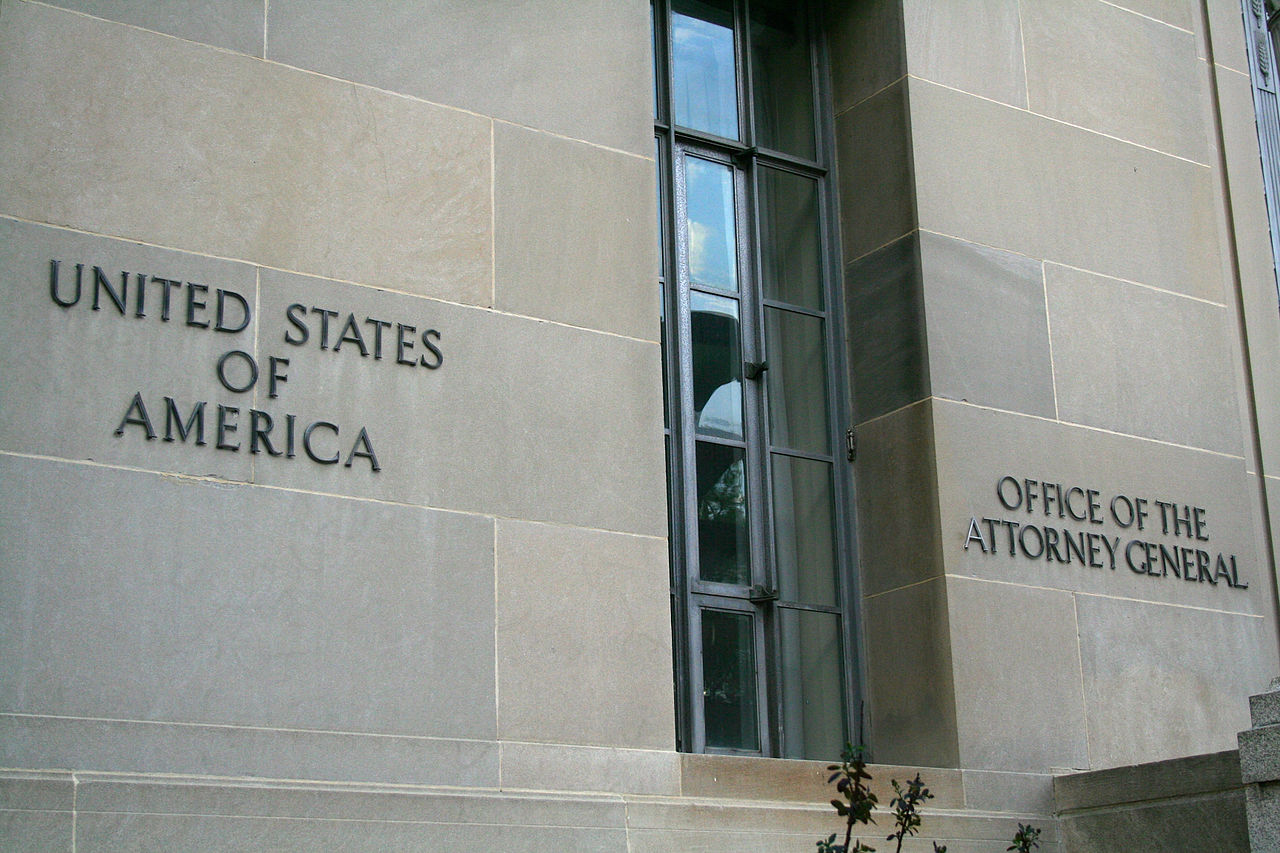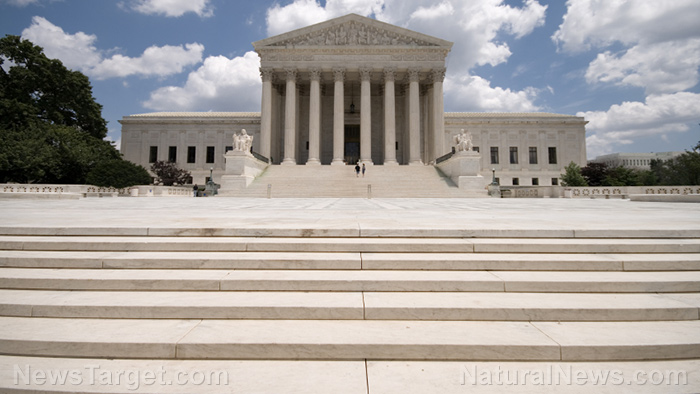 Parler
Parler Gab
Gab
- Senators Bernie Sanders and Angus King introduced the End Prescription Drug Ads Now Act, which would ban all direct-to-consumer prescription drug advertising across TV, print, digital and social media.
- Since the FDA relaxed advertising rules in 1997, pharmaceutical companies have spent billions promoting drugs. In 2024 alone, AbbVie and Novo Nordisk spent over $600 million on ads for Skyrizi and Wegovy.
- Critics argue that these ads exaggerate benefits, understate risks and pressure doctors to prescribe expensive brand-name drugs.
- The pharmaceutical industry, through PhRMA, defends advertising as a way to educate the public and encourage doctor-patient conversations about treatment options.
- The bill echoes calls from HHS Secretary Robert F. Kennedy Jr., who has labeled U.S. drug advertising laws harmful and misleading, intensifying bipartisan scrutiny of pharmaceutical marketing practices.
Kennedy urges lawmakers to eliminate direct-to-consumer pharmaceutical advertising from American media
The bill follows repeated calls by Department of Health and Human Services (DHS) Secretary Robert F. Kennedy Jr. to eliminate drug ads from American media. Kennedy, who pledged during his independent presidential run to remove drug ads from American TV screens, has repeatedly claimed the ads are harmful to public health and skew public perception of the pharmaceutical industry. He has argued that the permissive advertising laws of the U.S. encourage overmedication and give pharmaceutical companies outsized sway over media narratives. (Related: TV drug ads are not about selling more pharmaceuticals; they're about Big Pharma BUYING OFF the media.) "We're one of only two countries in the world that allow pharmaceutical companies to advertise directly to consumers," Kennedy said in a video he posted on X in May, the other one being New Zealand. "Everybody agrees it's a bad idea." Now, Sanders and King, who both opposed the confirmation of Kennedy earlier this year, have joined the HHS secretary in his fight against direct-to-consumer pharmaceutical advertising. The latest news about Big Pharma's controlling influence over the "news" can be found at BadMedicine.news. Watch this video exposing how Congress accepts millions from the pharmaceutical industry. This video is from The Real Dr Judy channel on Brighteon.com.More related stories:
American pharmaceutical companies accused of carrying out clinical trials with Chinese military.
Pharmaceutical companies now leveraging Tik Tok influencers to addict kids to new drugs.
Sources include: ZeroHedge.com WSJ.com 1 Help.Senate.gov WSJ.com 2 Brighteon.comSen. Tim Sheehy to introduce bill granting BACK PAY to troops impacted by COVID-19 vaccine mandate
By Laura Harris // Share
KETAMINE ABUSE puts a generation of British youth at risk
By Ava Grace // Share
FBI emails unmask DOJ’s weaponized scheme to criminalize Trump through fringe J6 choir claims
By Willow Tohi // Share
Supreme Court’s silence deepens fight for health freedom in Maine vaccine case
By Willow Tohi // Share
Governments continue to obscure COVID-19 vaccine data amid rising concerns over excess deaths
By patricklewis // Share
Tech giant Microsoft backs EXTINCTION with its support of carbon capture programs
By ramontomeydw // Share
Germany to resume arms exports to Israel despite repeated ceasefire violations
By isabelle // Share










